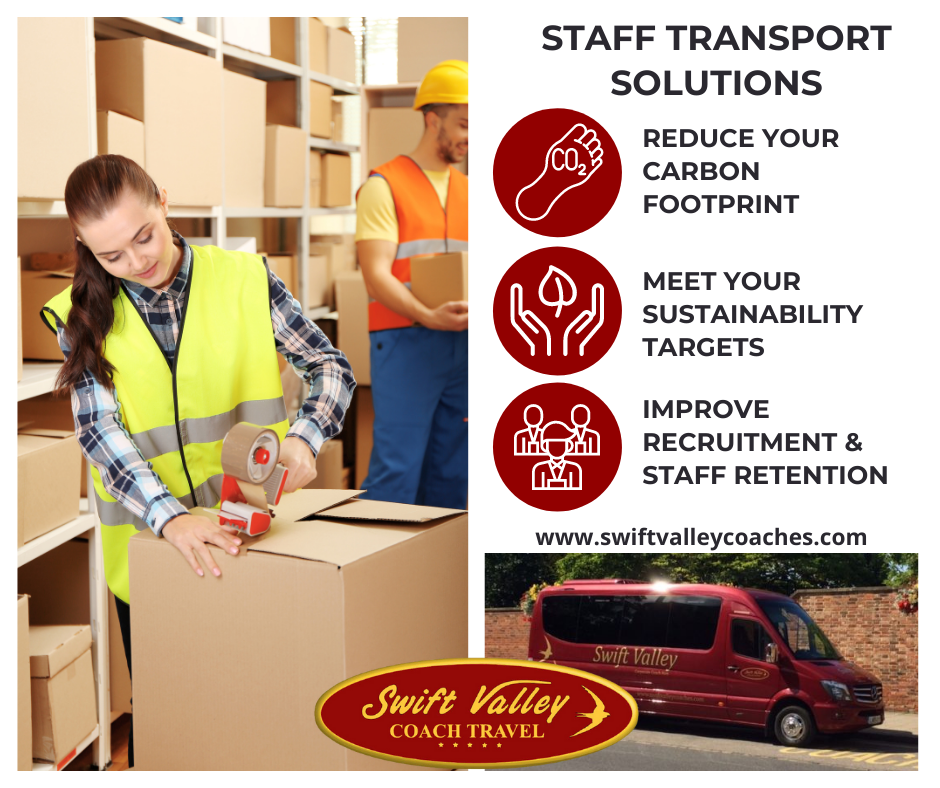20 Free Ideas For Choosing Event Transportation Sites
10 Top Tips For The Cost And Budgeting Of Shuttle Services For EmployeesHere are 10 great strategies to help you budget and plan for employee shuttle transport:
1. Conduct a Comprehensive Analysis of Costs
Before you begin, you should perform a cost analysis for your total shuttle service. It should include all direct costs, such as the cost of vehicle purchases, rental or leasing costs as well as operating costs like maintenance and fuel. Knowing the entire costs will give you a clearer idea of the budget that is necessary to run a successful shuttle.
2. Establish Clear Budget Goals
Set budget goals that are based on a cost analysis. Create specific goals for budgets using the cost analysis. These KPIs may include satisfaction with the service, utilization rate and overall effectiveness. Clear objectives will determine the allocation of your resources and spending.
3. Explore your options for funding
Find out possible sources of funding to fund the shuttle service. It could be internal company funds, grants, or collaboration with local authorities for transportation that may provide financial support or even resources. Understanding financing options could assist in easing financial burdens or enable greater services.
4. Select the vehicle that offers the best value
The most efficient vehicles should be chosen for cost at the beginning, but also taking into account their future costs. When selecting vehicles that will be used for shuttle services be sure to consider aspects such as the fuel efficiency, maintenance requirements and durability of the vehicle. Leasing or buying used vehicles that are in good condition will help lower upfront costs.
5. Create a dynamic pricing model
Consider using dynamic pricing for shuttle service If you can. You can charge a small amount for shuttle use to offset the cost of operating. Pricing based on the amount of time used can encourage employees to take advantage of the service and still contribute to the budget.
6. Cost Management with Technology
Technology can be used to reduce costs and increase efficiency. Fleet management software is a great method of tracking fuel consumption and vehicle maintenance schedules. It also helps optimize routes. GPS tracking reduces idle times and enhance the scheduling process. Fuel costs can be reduced by using this method of tracking. The technology may be costly at first however it will reduce your expenses over time.
7. Monitor and Control Operational Costs
Review your operating costs regularly and identify areas for cost reduction. Keep track of expenditures for maintenance, fuel consumption, and driver overtime closely. Adopting strict fuel management strategies, such as encouraging eco-friendly driving habits, may result in savings. Set up monthly or quarterly review to ensure that the shuttle service is within budget.
8. Engage Employees in Cost-Saving Initiatives
Encourage employees in shuttle transportation to cut costs. Encourage employees to use carpools, or reward them for the time they use the shuttle. Employee engagement does not just give employees an impression of ownership but it also leads to increased usage and ultimately lower costs per passenger.
9. Plan for contingencies
Include a contingency in your budgeting process to cover any unexpected costs. Shuttle services can be subject to unexpected costs, such as repair emergencies or fluctuations in prices for fuel. Planning a small amount of cash for unexpected expenses can offer assurance of finances and let keep the service running without issue.
10. Budgets should be regularly reviewed and adjusted
Finally, continually review and alter the budget in accordance with actual performance and usage data. Gather feedback from the employees about their experiences and satisfaction with shuttle service. Regular assessments allow you to identify trends in the transport needs. This will allow you to make timely budget adjustments and improve the allocation of resources.
If they follow these guidelines, companies can manage costs efficiently and create an affordable budget for employee transportation. This can improve the service's efficiency, and ultimately employee satisfaction. See the most popular funny post on employee transportation for more recommendations including airport transfer services, airport pickup, reliable transportation, airport airport shuttle, car service transportation, atlanta airport transportation, airport rides near me, los angeles airport transfers, airport pickup, miami airport shuttles and more.

Ten Tips To Help You Create A Budget And Cost-Effective Corporate Event Transportation
Here are 10 top suggestions for budget and cost aspects for corporate events. transportation service:
1. Cost Analysis Comprehensive
Complete a cost analysis of all aspects. Included in this are vehicle leasing or rental costs, fuel expenses and driver salaries. Included are maintenance, insurance and additional fees related to permits and parking. Understanding the total price can help you develop a a realistic and achievable budget.
2. Budget Framework: Develop an Clear Budget Framework
Set up an organization's budget to show how much it is willing to spend on transportation. This framework should contain all identified costs and be flexible enough to accommodate unexpected expenses. A budget can help you make better decisions and keep your transportation costs in check.
3. Explore Different Transportation Options
Evaluate various transportation options available for the event, such as buses, shuttles, vans, or rideshare services. Consider the cost of every option, taking into account aspects like capacity, comfort, and ease of use. Choosing the most cost-effective solution that is able to meet the requirements of the attendees will optimize the cost of transportation.
4. Transport Providers: Negotiate contracts
Talk to your preferred transportation company to get the most affordable prices. Many transportation companies are willing to offer discounts for corporate events or bulk bookings. A strong relationship can result in lower rates, better service and ultimately, a cost-effective experience.
5. Plan Costs for Fuel
Fuel costs are a major aspect of the transportation costs. Consider the distance between the event location and the anticipated number of trips. If possible, negotiate efficient fuel vehicle options with the transportation company to minimize costs.
6. Include Contingency Funds
A small portion of your budget should be set aside for unexpected expenses. Transportation is unpredictable. There are many factors that can go wrong, such as vehicle breakdowns or the need for extra trips. You can handle unpredictable situations with the money for contingency.
7. Consider Packages and Group Discounts
It is possible to save money by looking for discounts or specials provided by transportation companies. Many transportation companies offer discounted prices for large groups or corporate events that can lead to significant savings. Consider packages that include additional services at discounted rates like additional vehicles or on-site coordination.
8. Track and monitor expenses
Maintain a close watch on all transportation-related expenses throughout the planning and execution phases. Budgeting tools and spreadsheets can be used to monitor expenses in real-time. Monitoring expenses can help you identify areas where you can cut costs and help keep the budget in line.
9. Collect Feedback to Improve Budgeting
Following the event, collect feedback from attendees regarding their experience with transportation and any costs associated with it. The feedback you receive will provide valuable insights into how effective the transportation service is and help you make future budgeting decisions. Recognizing what was successful and what wasn't will help to improve budgets for future events.
10. Determine the Total Cost of Ownership
When considering transportation options, evaluate the total cost of ownership (TCO) for vehicles. The total cost of ownership (TCO) comprises the cost of purchase or rental and additional ongoing costs like maintenance, insurance and depreciation. Understanding the TCO aids in making informed decisions that balance initial costs with the long-term financial implications.
Follow these tips to effectively control costs and make informed choices about the transportation of corporate events. Budget planning is essential in order to make sure that transportation requirements of an event are met however, it can also help in making the event enjoyable by allowing attendees to concentrate on the event and not the logistical issues. The image of the company is improved with a well-planned budget, and the cost management demonstrates its commitment to efficiency and responsible behavior. View the top get the facts for event transportation for website examples including mgt logistics, transportation services, transport comp, coach transportation, transport and logistics, trucking services near me, logistics company near me, transportation solutions, global transport, transportation specialists and more.
